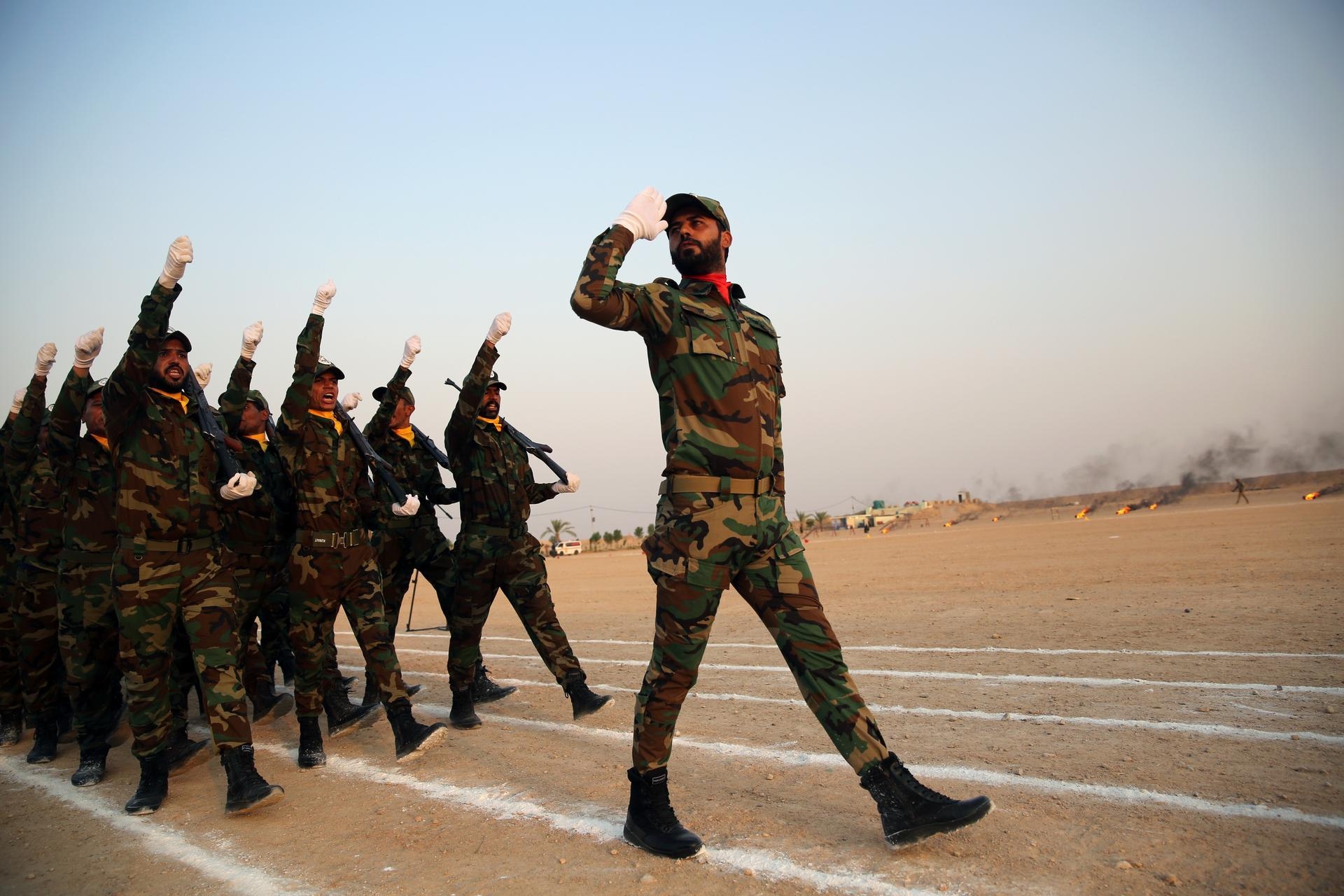Iran’s Warning Ignored? U.S. Military Doubles Down on Yemen Attacks!
The situation in the Red Sea is getting more intense by the day. The U.S. military has ramped up airstrikes against Yemen’s Houthi rebels, making it clear: this won’t stop until the Houthis back off from attacking international ships.
For months, the Houthis—a powerful Iran-backed rebel group—have been launching missile and drone attacks on commercial and military vessels. The U.S. and its allies have warned them repeatedly, but the attacks have continued. Now, Washington is taking stronger action, and the conflict is escalating fast.
Why Is the U.S. Targeting the Houthis?
At the heart of the issue is one of the busiest shipping lanes in the world. The Red Sea is a crucial route for international trade, and the Houthis have been firing on ships they claim are linked to Israel as part of their support for Hamas in the Israel-Gaza war.
But it’s not just Israeli-linked vessels being hit—ships from all over the world have come under fire, and businesses are feeling the impact. The attacks have slowed trade, increased shipping costs, and raised concerns about supply chain disruptions.
In response, the U.S. military—under President Donald Trump’s orders—has launched a new wave of airstrikes on Houthi missile sites, weapon storage facilities, and command centers. The goal? To disable their ability to carry out further attacks.
At least 53 Houthis were reported killed, and many more were injured.
U.S. Defense Secretary Pete Hegseth delivered a blunt message:
“We will not let a terrorist group hold the world’s economy hostage. If they keep attacking ships, we will keep taking them out.”
Simply put, the U.S. is not backing down anytime soon.
The Houthis Are Fighting Back
Despite the airstrikes, the Houthis have made it clear they’re not surrendering. Their leader, Abdul Malik al-Houthi, responded with a fiery speech, warning that they will continue attacking U.S. and allied ships. He even hinted at expanding their targets to oil tankers and military bases in the region.
Iran, the Houthis’ biggest backer, is also watching closely. Tehran has condemned the U.S. strikes and warned of “serious consequences” if they continue. Many experts believe that if this conflict escalates further, Iran could become directly involved, which would bring even bigger problems.
Why This Matters to You
This isn’t just a Middle East issue—it could affect people worldwide. Here’s how:
Shipping Costs & Prices: The Red Sea is a key global trade route. If ships have to take longer routes to avoid attacks, that raises costs for businesses—and those costs could be passed down to consumers. That means higher prices for everything from gas to groceries.
Tensions with Iran: The Houthis aren’t acting alone. They have Iran’s backing, and if the situation escalates, it could lead to a direct confrontation between the U.S. and Iran—a scenario that would destabilize the entire region.
A New Middle Eastern War? The U.S. originally deployed forces to protect international shipping, but now, with airstrikes intensifying, some fear this could spiral into another prolonged military conflict.
Yemen’s Humanitarian Crisis: Yemen is already suffering one of the worst humanitarian disasters in the world, with millions of people struggling to get food, water, and medical care. If this conflict intensifies, it could make conditions even worse for innocent civilians.
What Happens Next?
The U.S. has made it clear that the airstrikes will continue unless the Houthis stop their attacks. But the Houthis have vowed to fight back, and Iran’s involvement remains a wild card.
The situation in the Red Sea is growing more dangerous, and the world is watching closely. Will diplomacy step in before things escalate further? Or are we heading toward a bigger conflict?

Pulkeet Gupta is a dedicated content writer specializing in the field of education and entertainment niche. With a passion for learning and a keen interest in sharing knowledge, Pulkeet has established himself as a prominent figure in the education and entertainment writing community.






